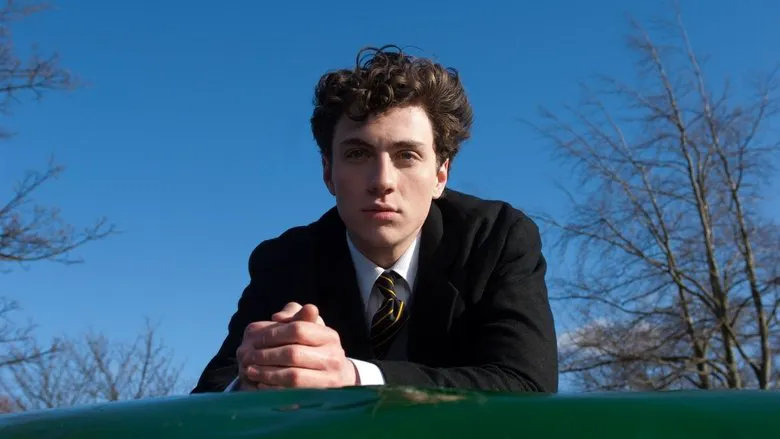From Aspirations to Absurdity: A Review of “Old Boys: The Way of the Dragon”
The internet sensation “Old Boys: The Way of the Dragon,” the highly anticipated feature film from the creative duo, the Chopstick Brothers, burst into Chinese cinemas on July 10th. Its immediate success was undeniable, soaring past 100 million RMB in box office revenue within a mere four days. Breaking away from the heartwarming, yet grounded, storytelling that defined their earlier works, this latest offering plunges audiences into an absurd narrative filled with uproarious situations, promising a comedic gem that elicits laughter seemingly every three minutes. It’s a bold departure, showcasing a different facet of their unique narrative style.
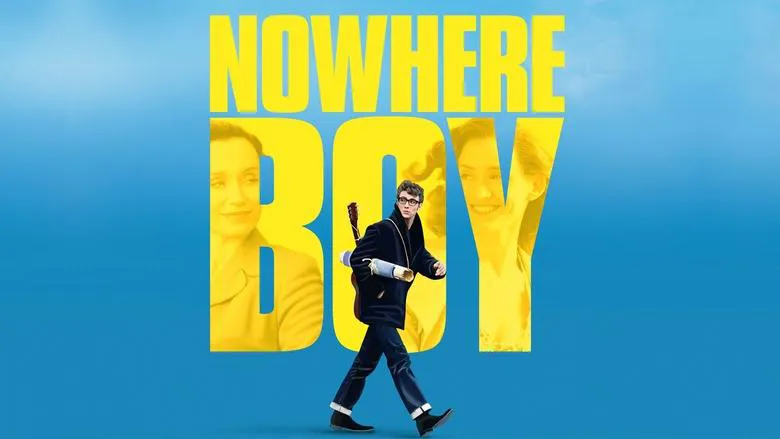
A Hilarious Journey Through Dreams and Disillusionment
Four years prior, the public was captivated by the inspirational micro-film titled “Old Boys,” whose accompanying theme song quickly dominated music charts. Operating without the benefit of a vast budget or extensive marketing, the grassroots phenomenon known as the “Chopstick Brothers” managed to connect deeply with audiences by sharing a sincere and moving story about the raw, often vulnerable, pursuit of dreams. Now, they’ve embarked on an entirely new adventure with “Old Boys: The Way of the Dragon,” a film whose title evokes classic gangster sagas and whose infectious theme, “Little Apple,” became an instant cultural earworm.
The beloved and inherently relatable Chopstick Brothers undergo a cinematic transformation, evolving from everyday Chinese dream-chasing uncles into unlikely Korean Kung Fu masters. What unfolds is a thrilling, uproariously funny, and gloriously nonsensical escapade that bends genres and defies expectations, taking viewers on a rollercoaster ride through their wildest ambitions and most ludicrous predicaments.
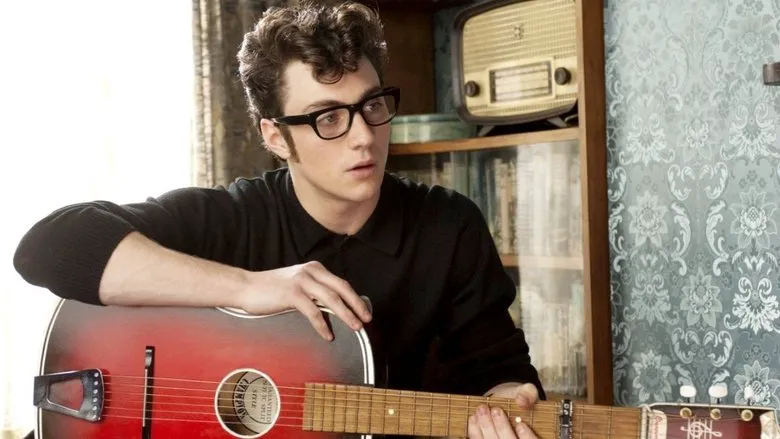
The Relentless Pursuit of a Flicker of Hope
The film centers on Wang Xiaoshuai and Xiao Dabao, two lifelong friends united by a shared, fervent dream of achieving pop star fame. Together, they form the “Chopstick Brothers” duo, dedicating themselves to their musical aspirations. However, their steadfast journey is unexpectedly interrupted by the arrival of a figure named Ma Lu, coupled with Xiao Dabao’s stubborn resolves, ultimately leading to a heartbreaking separation.
Five years later, a serendipitous opportunity arises: a chance to compete in an American talent show. This spark of hope ignites a reunion for the estranged brothers, pushing them back into each other’s lives. Yet, their path is anything but smooth, fraught with relentless gangster chases, the sting of betrayal in love, and the crushing disappointment of talent show failures. As the film poignantly acknowledges, “Reality is reality, and it doesn’t give you any leeway.” This truth becomes painfully clear as they wrestle with the notion that their grandest dreams might only ever be fully realized within the confines of their imagination.

Despite these daunting odds, the brothers persevere, staging one final, heartfelt comeback performance of perhaps their life’s most defining work. But fate, the film reminds us, does not always bend to the will of those who tirelessly chase their dreams. “Not everyone can become Wong Ka Kui,” the movie wisely observes, referencing the legendary Hong Kong musician. The Chopstick Brothers, despite their efforts and talent, do not ascend to superstardom. Instead, they eventually return to their familiar origins, embracing the quiet, ordinary lives that await them back in their hometown. This resolution, while perhaps bittersweet, underscores the film’s grounded message about life’s unpredictable trajectory.
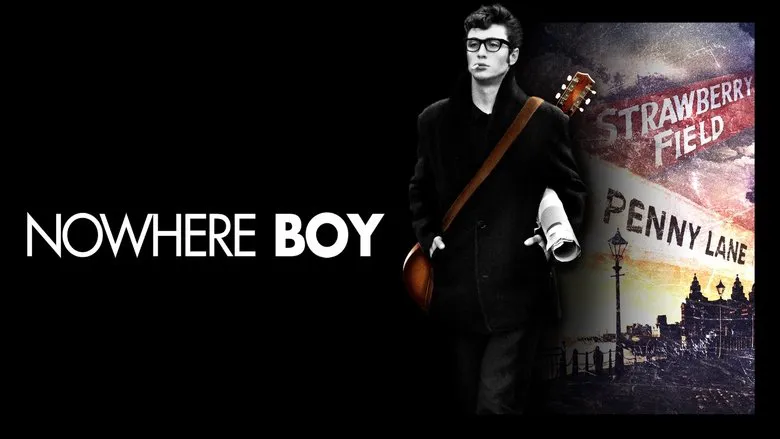
Beyond the Laughter: Uncovering the Film’s Authentic Core
While the Chopstick Brothers’ innate comedic brilliance shines throughout, ensuring a steady stream of laughter every few minutes, the true enduring strength of “Old Boys: The Way of the Dragon” resides beneath its uproarious surface. This movie is far more than just a series of gags; it delves into profound themes of brotherhood, the complexities of love, and the nuanced pursuit of one’s aspirations.
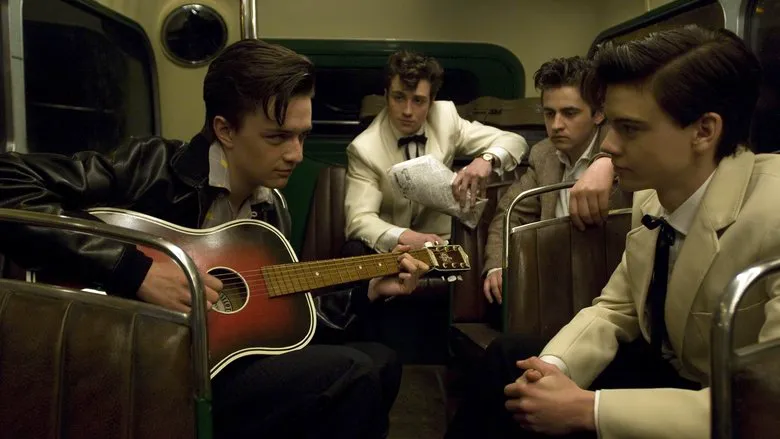
True brotherhood, the film illustrates, isn’t forged through hollow promises or boisterous drinking games; it’s a bond solidified by standing unwavering beside one another in the face of insurmountable adversity. Similarly, genuine love isn’t about sweet nothings or extravagant displays; it’s about navigating hardship hand-in-hand, supporting each other through life’s most challenging passages. And the pursuit of dreams, it suggests, is not simply about reckless ambition; it’s a journey of self-discovery, understanding deeply who you are, and ultimately knowing when to gracefully let go and chart a new course. These underlying messages elevate the film from mere comedy to a reflective commentary on the human condition.
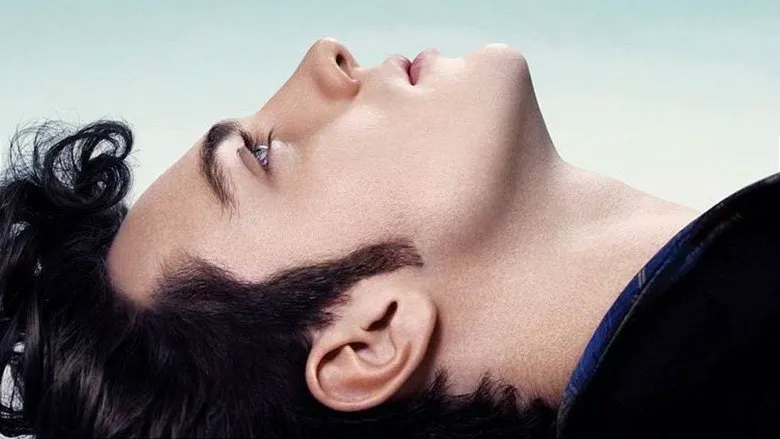
A Reflective Mirror on Life’s Hard Truths
Regardless of how harsh or unyielding the world may appear, the film quietly assures us that our destiny ultimately remains within our own grasp. When confronted with life’s inevitable challenges, it encourages viewers to recall its poignant core message: “Life is like a mirror; if you cry, it cries; if you laugh, it laughs.” This simple profound truth urges resilience and a positive outlook, reminding us that our attitude shapes our reality. “Old Boys: The Way of the Dragon” thus becomes not just a delightful cinematic experience, but also a gentle reminder of the power of self-determination and the enduring importance of connection, laughter, and an open heart.
